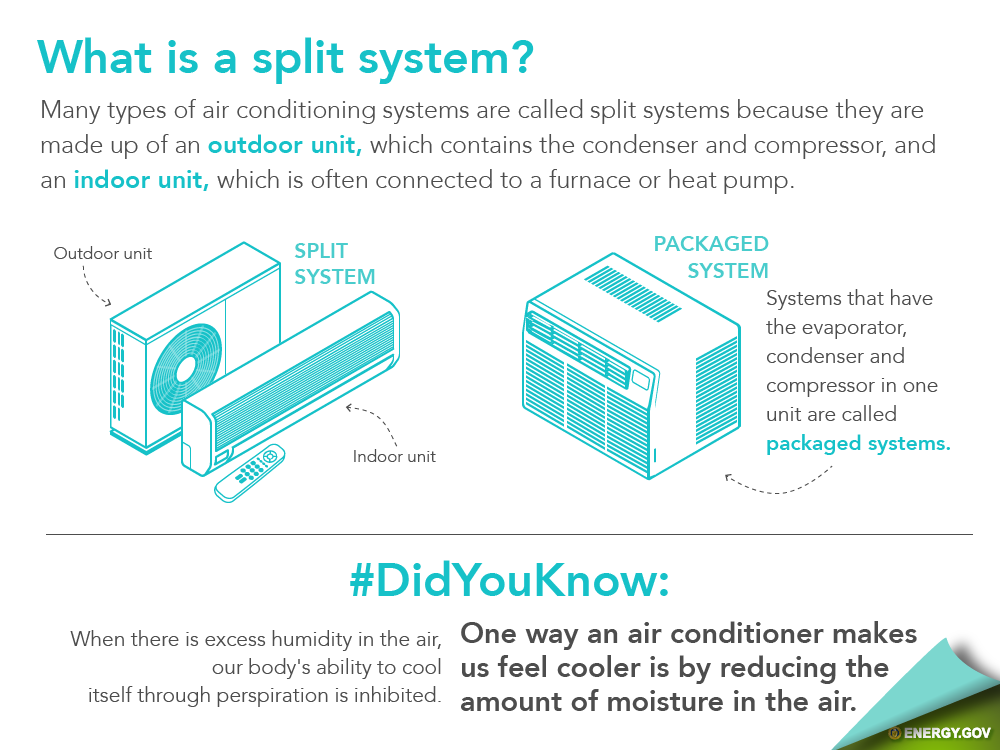Heat Pump Vs Heating System - Which Is The Better Home Heating Alternative For Your Home?
Heat Pump Vs Heating System - Which Is The Better Home Heating Alternative For Your Home?
Blog Article
Short Article Created By-Austin Mosegaard
Many house owners are familiar with heating systems, which warmth homes with oil or natural gas and press hot air via ductwork. They are reasonably economical and can supply trustworthy heating also throughout a winter months power interruption.
Nonetheless, they use fossil fuels and produce carbon monoxide gas and various other air contamination. They likewise aren't as energy-efficient as a high-efficiency heat pump.
Expense
Normally, heatpump are extra cost effective to operate than heating systems. They typically utilize electrical power and refrigerant to extract warmth from exterior air, and then transfer it into your home. You can capitalize on cheaper electricity rates throughout off-peak hours to additionally decrease your heating costs.
Unlike heat pumps, gas or wood-burning heaters utilize burning to create warmth, producing flue gases into the ambience that can be damaging to your health and wellness. These heating systems are additionally much less energy-efficient than heatpump, and their greater operating costs can accumulate in time.
Heating systems are a lot more difficult than heatpump and need regular maintenance to ensure the correct function of all parts. Regardless of this, they often tend to last longer than heat pumps with a typical lifespan of twenty years or more. However, you'll need to factor in the cost of gas, fuel oil or timber and the additional tools needed for installation and procedure such as ducts and ventilation systems.
Energy Performance
Heat pumps have a greater power effectiveness rating than heaters. These systems utilize power to feed on warm from the air, also in freezing temperatures. They can likewise get rid of excess heat from the home during warmer months and reuse it to cool the system. Service provider professionals can aid you establish the best model for your home on climate and resource power expenses.
Heaters burn gas oil, gas, gas or other kinds of nonrenewable fuel source to warm the air in the home. This air is then spread through ductwork making use of a huge follower. Heaters produce greenhouse gases and call for regular maintenance and equipment upgrades to make certain risk-free operation.
The greatest advantage of a furnace is that it can be operated also in rough winter season conditions since it does not depend on outdoor temperatures to warm the air. Furnaces also have a longer life-span than heatpump and typically last 15 years. They can additionally be coupled with double gas options, which pick the most reliable heating option based upon the weather.
Climate
Heatpump function well in modest climates and make use of much less resource energy than heating systems. Nevertheless, if go to this site is incredibly cool, you might require to purchase a typical gas heater instead.
Furnaces give warm, relaxing warm and normally offer quick heating to elevate interior temperatures. These systems can be used with a variety of gas kinds, consisting of gas, propane, oil or electrical energy.
They take in extra power than heat pumps-- as much as 3x as much-- and need ductwork that's costly to set up or retrofit. They're also more pricey to maintain, as they can create air quality issues and produce greenhouse gas discharges.
If you're committed to lowering your carbon impact, a heatpump is a good option for your home. They have fewer greenhouse gas emissions than heaters, especially if you choose a power CELEBRITY ® heat pump. Your local copyright professional can describe the distinctions in between these two heater and assist you make the best decision for your unique requirements.
Individual Preferences
Heating systems can be very power effective when powered by natural gas, lp or oil, but they aren't as power efficient as heatpump in frigid environments. They can likewise be much more costly to install, needing gas lines and air flow systems.
Nevertheless, heating systems often tend to need much less upkeep, which can result in lower recurring expenses. They produce less greenhouse gases and are more reputable than heat pumps throughout extreme weather condition.
Electric heatpump are extra flexible in producing indoor convenience since they can additionally work as air conditioning unit during warmer months. Suggested Internet site can be easier to preserve, calling for just routine air filter adjustments and occasional vacuuming.
If you choose the benefit of a single system that does it all, think about a crossbreed heating service that sets a heater with an electrical heatpump. These systems can immediately switch over in between the two heating options based upon your home's demands and temperature level conditions, optimizing effectiveness and cost savings.